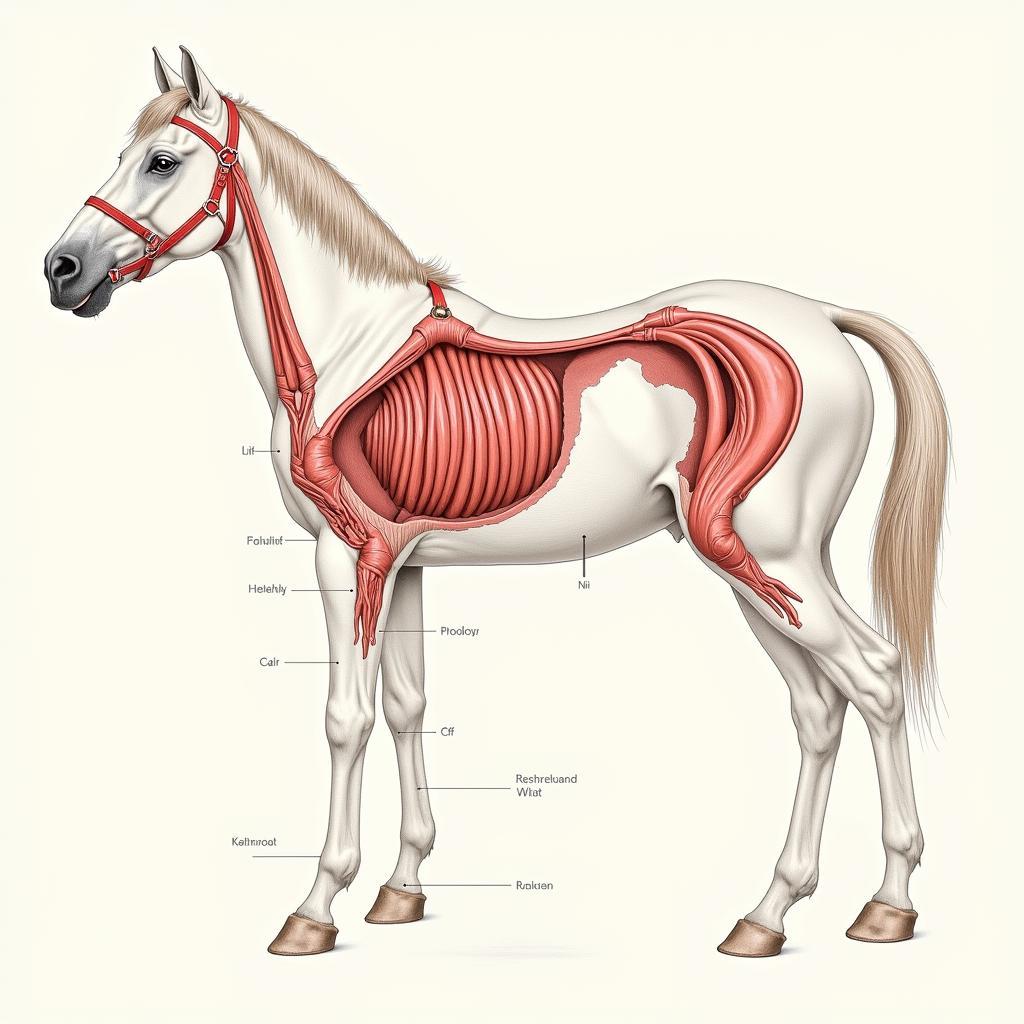The term “Horse Hung Hispanics” is a harmful and inaccurate stereotype. It perpetuates a false narrative and objectifies individuals based on their ethnicity. This article aims to debunk this myth, explore the origins of such harmful stereotypes, and discuss the importance of respectful language and understanding when referring to people of Hispanic heritage.
Debunking the “Horse Hung Hispanics” Stereotype
The idea that Hispanic men are inherently well-endowed is a harmful generalization. Like any population group, there is natural variation in physical characteristics. Attributing certain physical traits to an entire ethnic group is not only inaccurate but also perpetuates damaging stereotypes. This myth likely stems from a combination of exoticism, confirmation bias, and the fetishization of certain racial and ethnic groups. It’s crucial to recognize that these are harmful stereotypes and not reflections of reality.
The Dangers of Stereotyping
Stereotypes, regardless of their perceived positivity or negativity, reduce individuals to simplistic caricatures. They ignore the diversity within ethnic groups and contribute to prejudice and discrimination. The “horse hung Hispanics” stereotype, while seemingly complimentary on the surface, can have detrimental effects. It objectifies Hispanic men, reducing them to their perceived physical attributes and ignoring their individuality, intellect, and contributions to society.
 Male Horse Reproductive System Diagram
Male Horse Reproductive System Diagram
The Origins of Harmful Stereotypes
Harmful stereotypes like this often originate from a complex interplay of historical, social, and cultural factors. Colonialism, slavery, and other forms of oppression have historically played a significant role in shaping negative stereotypes about marginalized groups. These stereotypes are often perpetuated through media representations, jokes, and casual conversations, contributing to their normalization and acceptance.
Media Representation and Its Impact
The media plays a powerful role in shaping public perceptions. When media consistently portrays certain groups in a stereotypical light, it reinforces these biases in the minds of viewers. It’s important to critically analyze media representations and challenge stereotypes whenever we encounter them.
Promoting Respect and Understanding
Combating harmful stereotypes requires a conscious effort to promote respect and understanding. This includes challenging stereotypical language and imagery, educating ourselves and others about the diversity within ethnic groups, and actively seeking out perspectives from different cultures and backgrounds.
Challenging Stereotypes in Everyday Life
We can all play a part in challenging stereotypes. When you hear someone making a stereotypical comment, politely correct them and explain why it’s harmful. Share information about different cultures and encourage respectful conversations.
Conclusion
The “horse hung Hispanics” stereotype is a harmful and inaccurate representation. Understanding the origins and impact of such stereotypes is crucial in combating prejudice and promoting respect. Let’s move forward with a commitment to celebrating diversity and challenging harmful stereotypes wherever we encounter them.
FAQ
- Why are stereotypes harmful?
- How can I challenge stereotypes in my daily life?
- What are some resources for learning more about Hispanic culture?
- How does media representation contribute to stereotypes?
- What are the long-term effects of perpetuating stereotypes?
- How can we promote more accurate and diverse representations of different cultures?
- What is the importance of cultural sensitivity and respect?
Please contact us for any support. Call: 0772127271, Email: [email protected]. Visit us at: QGM2+WX2, Vị Trung, Vị Thuỷ, Hậu Giang, Việt Nam. We have a 24/7 customer support team.